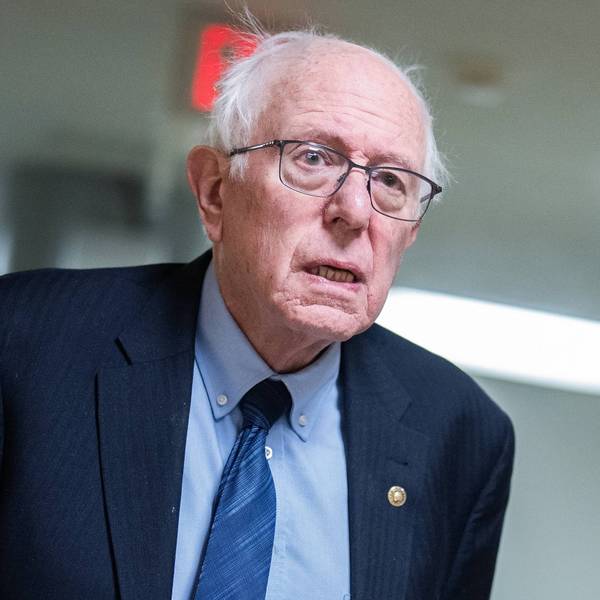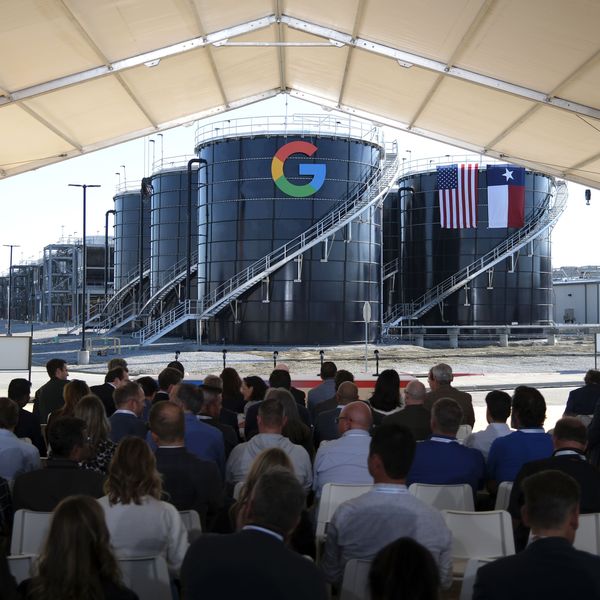Tech industry insiders are growing more wary of a financial bubble in the artificial intelligence industry that many analysts have been warning could tip the global economy into a severe recession.
Sundar Pichai, CEO of Google parent company Alphabet, said in an interview with BBC published Tuesday that he believes the speculation currently pumping up investment in AI is akin to the kind of speculation that occurred in the late 1990s ahead of the dot-com stock crash.
"We can look back at the internet right now," he told BBC. "There was clearly a lot of excess investment, but none of us would question whether the internet was profound. I expect AI to be the same. So I think it's both rational and there are elements of irrationality through a moment like this."
PIchai said that he believed his firm would be well positioned to weather the bursting of an AI bubble, although he also cautioned that "I think no company is going to be immune, including us," were such a scenario to occur.
Sebastian Siemiatkowski, CEO of global payments network Klarna, told the Financial Times on Monday that while he still believed in the potential of AI, he also thought many of the biggest players in tech were vastly overspending to build out infrastructure that would not be needed to power the technology.
Siemiatkowski pointed to advances made this year by Chinese AI firm DeepSeek in vastly reducing the power needed to run AI as evidence that the energy-devouring data centers being constructed across the US would be a massive overbuild.
"I think OpenAI can be very successful as a company but at the same time I’m very nervous about the size of these investments in these data centers,” he said. "That’s the particular thing that I am concerned about."
Some major investors are also signaling that the boom may be over for AI.
MarketWatch reported on Monday that Palantir chairman Peter Thiel's hedge fund, Thiel Macro LLC, dropped all its shares in Nvidia, the US-based semiconductor giant that manufactures most of the chips used to power AI. The move by Thiel was revealed just one week after Japanese investment holding company SoftBank disclosed that it had divested its entire $5.8 billion stake in Nvidia.
Nvidia has also become a target for investor Michael Burry, who famously made a fortune by short-selling the US housing market ahead of the 2008 financial crisis, and who recently revealed that his firm was making bets against Nvidia and Palantir.
Concerns about a potential AI bubble have roiled global markets this week, and all major US stock indexes once again traded lower on Tuesday, marking the fourth consecutive losing session.
According to the Wall Street Journal, the current selloff is being driven by investors spooked about "lofty valuations and a pile-up of debt to build data centers," and the paper pointed to a new survey showing that "45% of fund managers see an AI bubble as the top 'tail risk' for markets" right now.




